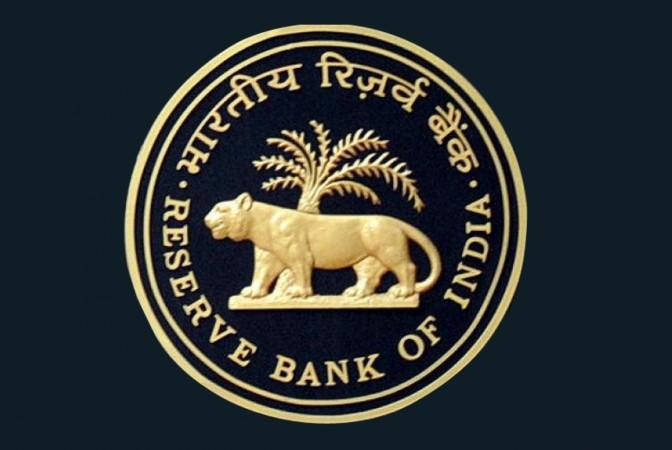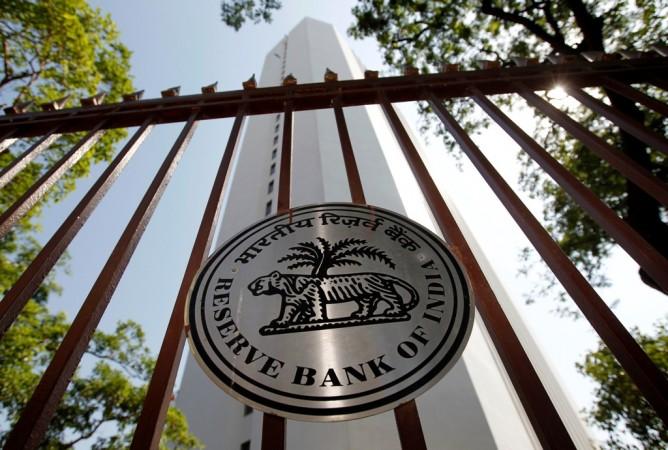The Reserve Bank of India (RBI) would continue to monitor evolving liquidity and market conditions and take measures as appropriate to ensure the orderly functioning of financial markets, according to the press release.

According to the RBI notification, banks can grant a higher HTM limit only for securities issued after September 1. So bonds purchased from the secondary market cannot be marked as held-to-maturity.
How will the high HTM limit issued by RBI help?
The central bank has increased the held to maturity (HTM) limit of banks substantially. This means banks do not have to mark-to-market their investments in the HTM category, with the current market rates and therefore the banks do not incur any nominal losses.
This move by the central bank will benefit both central and state governments, who can now borrow at lower costs. By raising the limit on held-to-maturity (HTM) bonds to 22% from 19.5% of total deposits, known as Net Demand and Time Liabilities (NDTL). With a high HTM limit, banks can buy about 4 lakh crore of more bonds without worrying about mark-to-market losses and short term fluctuation in yields.
The rise in the HTM limit will open up space for banks to park money in government bonds, which in turn would help monitor funding costs for both central and state governments. The reversing of the LTRO (Long-Term Repo Operation) option will ease interest rate uncertainties.

Currently, banks are required to maintain 18 percent of their net demand and time liabilities (NDTL) in SLR securities. The extant limit for investments that can be held in the HTM category is 25 percent of total investment. Banks are allowed to exceed this limit, provided the excess is invested in SLR securities within an overall limit of 19.5 percent of NDTL.
SLR securities held in the HTM category by major banks amount to around 17.3 percent of NDTL at present. However, there are interbank variations with some banks close to the 19.5 percent of the NDTL limit.
Sudden spike in yields and demand for government bonds
The announcement of fresh liquidity measures and relaxation in mark-to-market rules for investors, with a sudden spike in yields, have been witnessed by the bond markets. The demand for government bonds has been raised by as much as Rs 3 lakh crore, an increase by 2.5 percentage points without providing for losses.
While RBI will continue buying long-tenor bonds and selling short tenor ones, this will allow banks to return the money borrowed from RBI at 5.1% (via targeted long term repos) before the maturity date. This will prove beneficial for banks as about 1.25 trillion borrowed via TLTRO can be refinanced at 4%. It will allow banks to return LTRO money while giving RBI the space to conduct the open market purchase of bonds, as needed.
Also, term repo operations for an aggregate amount of Rs 100,000 crore at floating rates (i.e., at the prevailing repo rate) will be conducted in the middle of September to reduce pressures on the market, on account of advance tax outflows.
According to the press release, "In order to reduce the cost of funds, banks that had availed of funds under long-term repo operations (LTROs) may exercise an option of reversing these transactions before maturity. Thus, the banks may reduce their interest liability by returning funds taken at the repo rate prevailing at that time (5.15 per cent) and availing funds at the current repo rate of 4 per cent."
The release said, "In support of the accommodative stance of monetary policy, the RBI is committed to ensuring comfortable liquidity and financing conditions in the economy."
RBI opens up chances of rupee rally
RBI's statement of "appreciating rupee is containing imported inflation" will open up chances of more rupee rally. It further suggests that the central bank will not be as aggressive in its dollar purchases as in the recent past and upcoming months.

The Reserve Bank will conduct additional special open market operations involving the simultaneous purchase and sale of government securities for an aggregate amount of Rs 20,000 crore in two tranches of Rs 10,000 crore each. The auctions will be conducted on September 10, and September 17, 2020.
As regards inflation, the resolution of the Monetary Policy Committee (MPC) have identified the sources of inflation pressures and predicted that the headline inflation will remain elevated in Q2 of 2020-21, but would moderate in the second half of 2020-21.
Further, the MPC has decided to remain watchful and use the available space judiciously to support the economic revival. While food and fuel prices are stabilising, the cost-push factors are moderating simultaneously. "The RBI remains committed to conduct further such operations as warranted by market conditions," the central bank said.














